Elgin Marbles: British Museum loan 'an affront to the Greek people'
- Published
"Here he is, Ilissos, the Greek river god, now in pride of place here at Russia's finest museum, the Hermitage" reports Sarah Rainsford in St Petersburg
The Greek prime minister has said the British Museum's decision to loan one of the Elgin Marbles to Russia is "an affront" to the Greek people.
Antonis Samaras added: "We Greeks are one with our history and civilisation, which cannot be broken up, loaned out, or conceded."
He said Britain's view that the marbles could not be moved was now invalid.
A depiction of the river god Ilissos is going on show in St Petersburg's State Hermitage Museum.
It is due to remain on display in the Russian city until mid-January.
The work is one of a number of relics acquired by Lord Elgin in Athens in the early 19th Century, now known collectively as the Elgin Marbles.
Ownership of the artefacts, once part of the 2,500-year-old Parthenon temple, is disputed by Greece.
It maintains that Lord Elgin removed them illegally while the country was under Turkish occupation as part of the Ottoman Empire. The items have remained in the British Museum ever since.
Neil MacGregor, director of the British Museum, said it was a "very big moment".
He told BBC Radio 4's Today programme: "This is the first time ever that the people of Russia have been able to see this great moment of European art and European thought."
The Elgin Marbles
2,500
years old
1816
year acquired by the British Museum
-
British Museum collection includes:
-
247ft of the original 524ft frieze
-
15 of 92 metopes (marble panels)
-
17 figures
Mr MacGregor added that he hoped the Greek government would be "delighted".
"I hope that they'll be very pleased that a huge new public can engage with the great achievements of ancient Greece. People who will never be able to come to Athens or to London will now here in Russia understand something of the great achievements of Greek civilisation."
Asked whether the marbles would be loaned to Greece if it promised to give them back, he said the museum was willing to lend anything in the collection provided it was fit for travel and if it was going a place where it would be safe and from where it would be returned.
The Greek government, he added, had to date not asked to borrow them.
Mr Samaris also said in his statement: "The British argument held until recently - that the Parthenon Marbles cannot be moved - is no longer valid, just as the existence of the new Acropolis Museum invalidated the other British argument that there was no appropriate space for exhibiting the sculptures.
"The Parthenon and its Marbles have been looted. The sculptures are priceless."

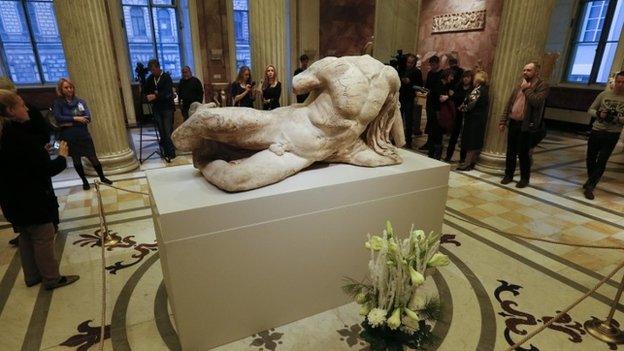
The Ilissos statue will remain in Russia until January
Analysis - Trevor Timpson, BBC News
The statue of Ilissos, with its beautifully carved drapery suggesting river water, is one of the sculptures which adorned the triangular ends (the pediments) of the Parthenon.
The British Museum was willing to send it to the Hermitage for its 250th anniversary, but sent nothing to the new Acropolis museum in Athens, where places are reserved for Ilissos and all the other missing sculptures.
British Museum director Neil MacGregor must have been on tenterhooks when it disappeared from show, in case anyone asked what "display" it was being prepared for.
Sending it in secret to Russia was a nifty piece of footwork. Equally nifty would be if the Greeks could persuade Mr Putin to "return" it - but to Athens, not London.
Mr MacGregor says he is willing to start a dialogue with the Greeks about loans of this kind - and the idea of a permanent loan (of the whole Elgin collection) has been suggested in the past.
But for many Greeks, the idea of borrowing back what they regard as their own property would be painful.

BBC Monitoring says the loan of the statue did not get front page coverage in major Greek newspapers on Friday morning, but it was reported widely.
Most simply related the story, relying on British media reports for detail, and recalled Greece's long campaign to have the sculptures returned.
Kathimerini and Ta Nea both saw the loan as act of defiance, given Greek wishes.
"The British Museum not only refuses to return the Parthenon Marbles to Greece, but, in a move interpreted as a 'show of strength', has decided to lend one of them to the Hermitage Museum in St Petersburg," said Ta Nea, external. Ethnos called it an "unprecedented move, external".
All papers highlighted the "secrecy" surrounding the move, and some deployed irony. To Vima, external referred to the "loan" in inverted commas, while the Star news website declared, external: "For the first time: the British lend out one of the sculptures, but not to Greece!"
In a blog about the loan, external, Mr MacGregor said the British Museum was a "museum of the world, for the world".
He noted that the British Museum had opened its doors in 1759 and the Hermitage just five years later - making them "almost twins... the first great museums of the European Enlightenment".
The British Museum was today "the most generous lender in the world", he said, "making a reality of the Enlightenment ideal that the greatest things in the world should be seen and studied, shared and enjoyed by as many people in as many countries as possible".
"The trustees have always believed that such loans must continue between museums in spite of political disagreements between governments."

The Parthenon Marbles
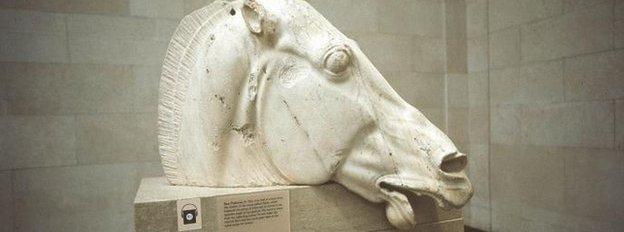
The Elgin Marbles at the British Museum
Friezes and pediment figures which decorated the Parthenon temple in Athens, built 447-432 BC
Many were removed by agents of the British diplomat Lord Elgin in the early 19th Century, and eventually sold to the British Museum
Most of the surviving sculptures are roughly equally divided between London and Athens
The new Acropolis Museum opened in Athens in 2009. It is designed to display all the surviving sculptures, in their original layout
Celebrities previously involved in the campaign for their return include the late actress and former Greek Culture Minister Melina Mercouri
- Published5 December 2014
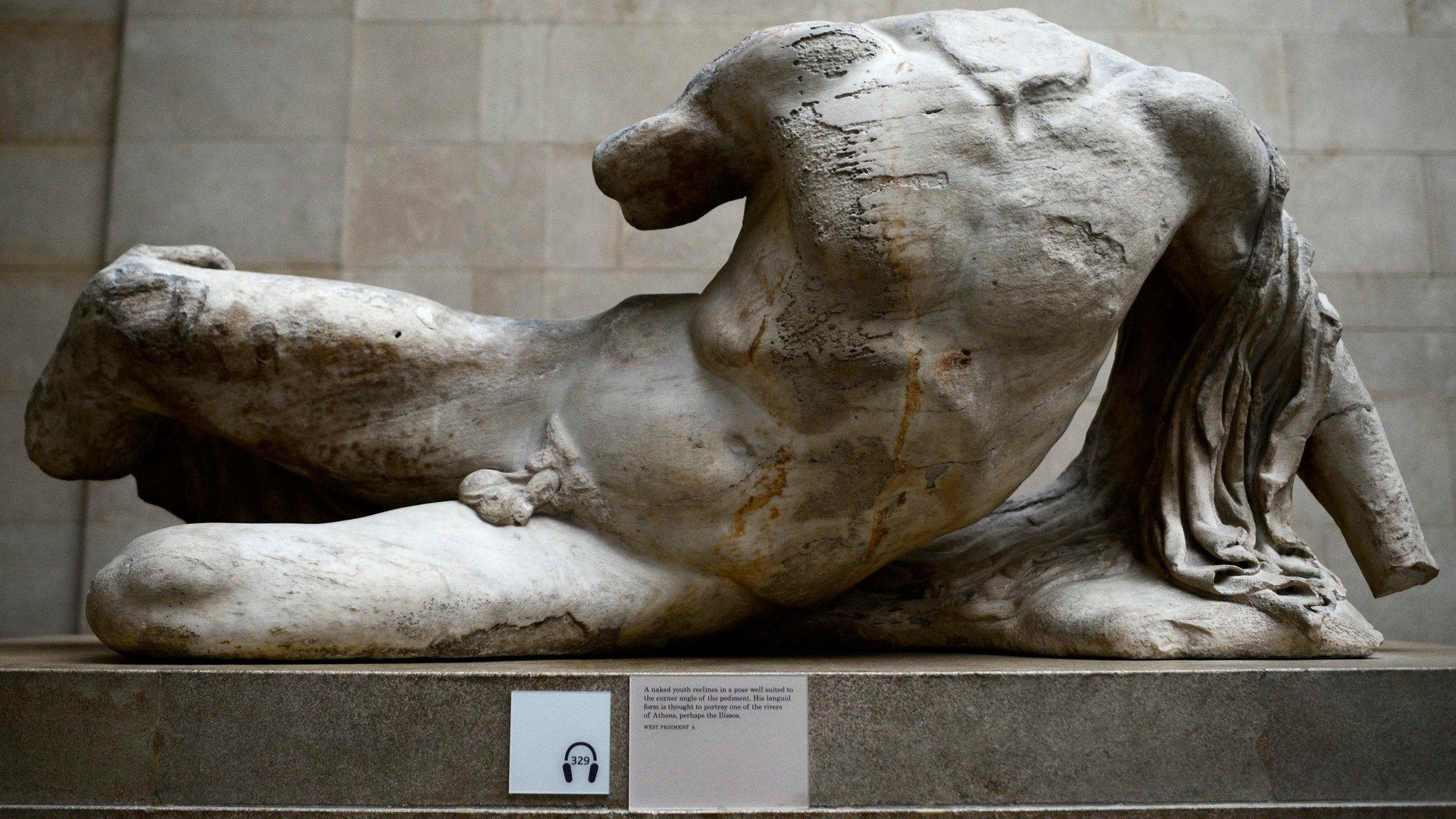
- Published5 December 2014
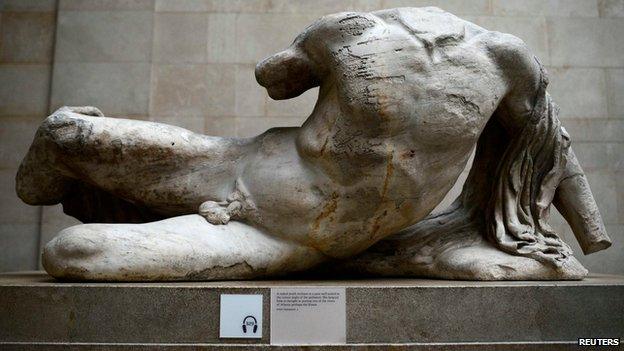
- Published4 December 2024
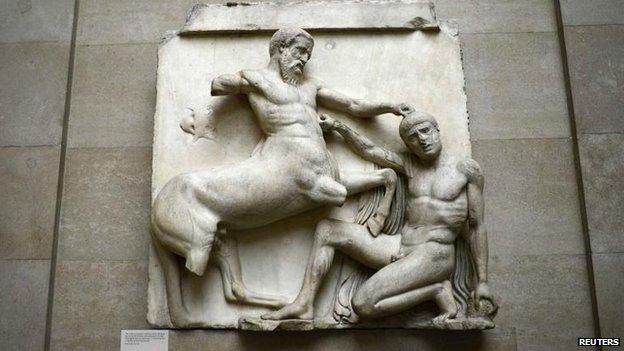
- Published15 October 2014
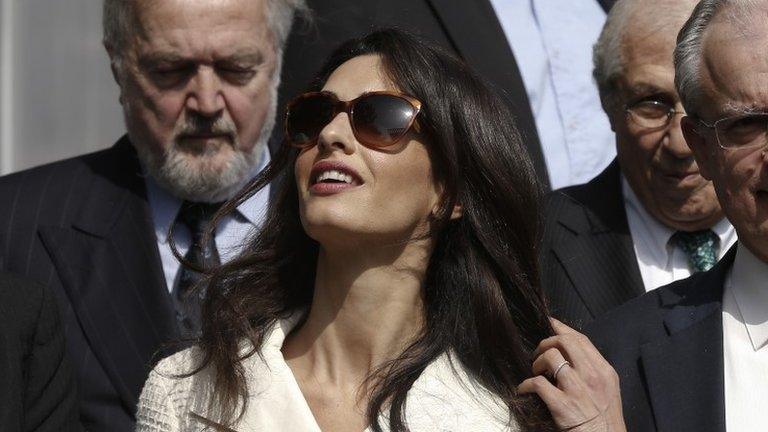
- Published1 March 2013
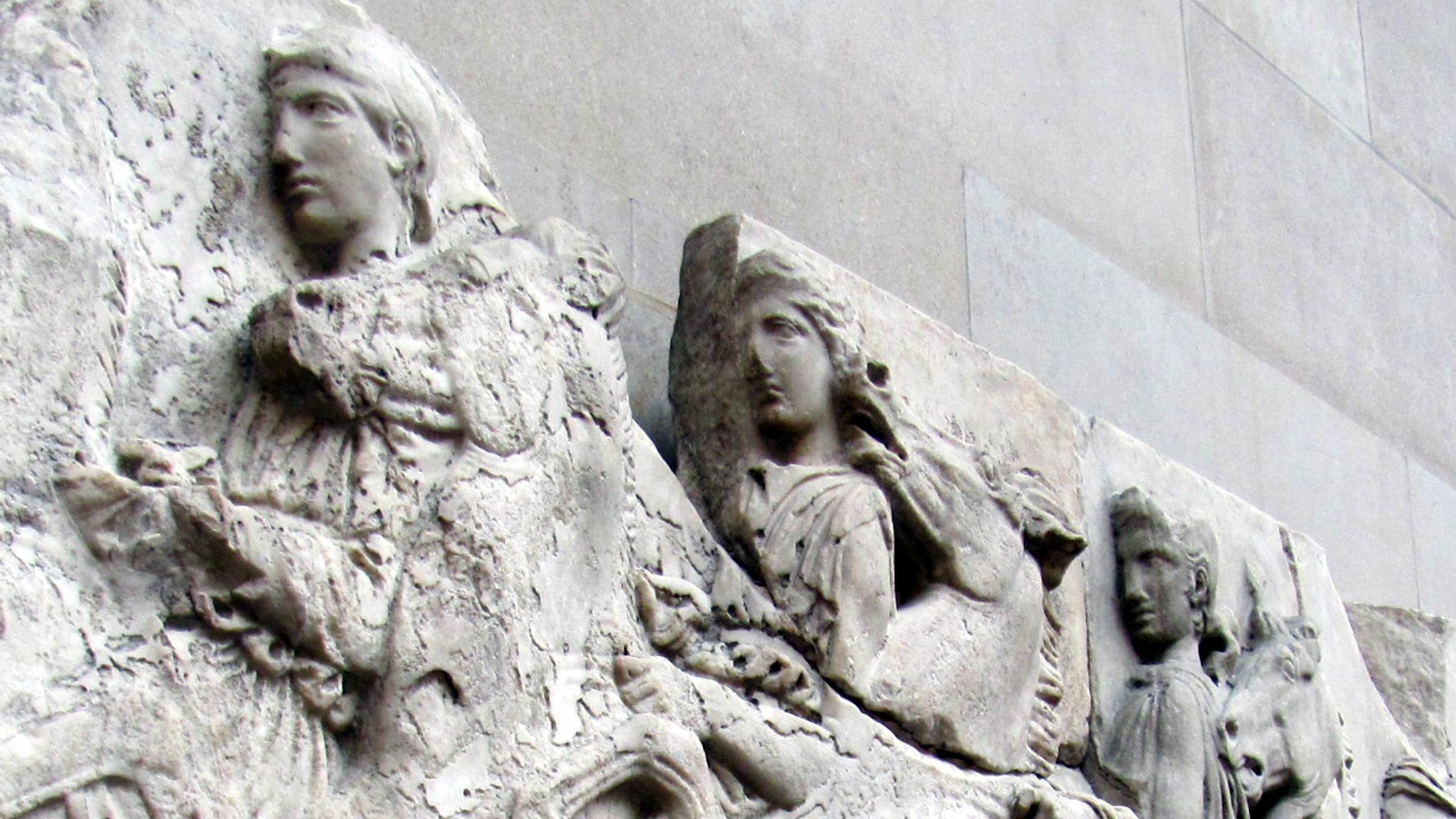
- Published21 June 2012

- Published11 June 2012

- Published5 January 2011